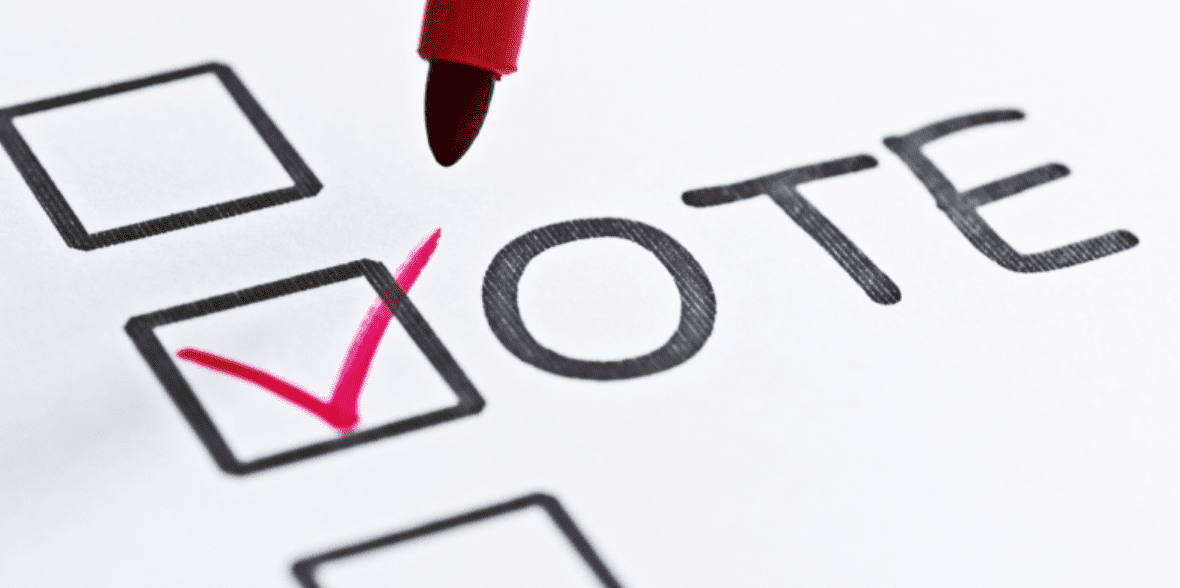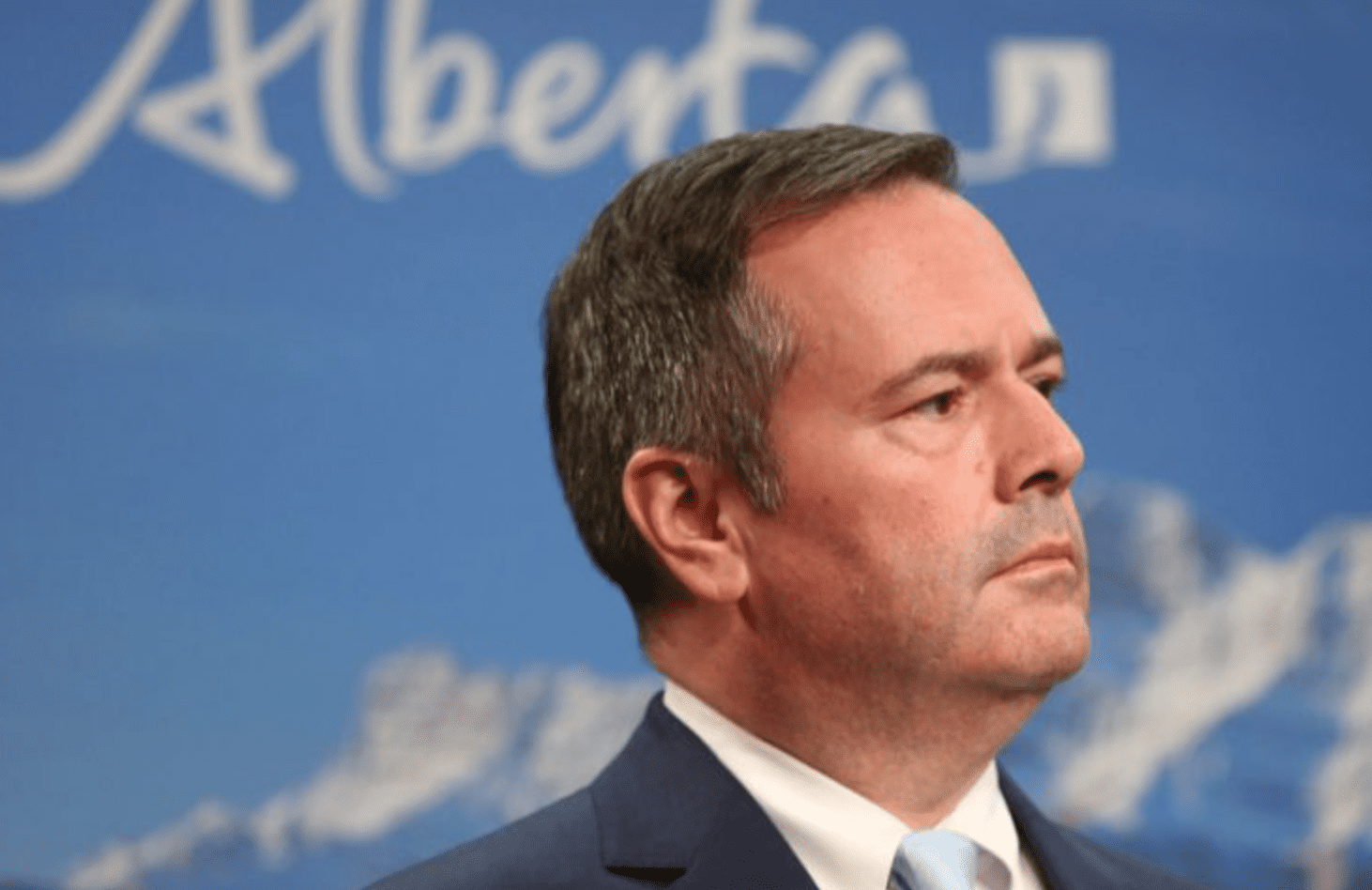Electoral reform is rarely spoken of these days.
In Ottawa, the Liberals have gone completely mute on the subject. I guess that was to be expected, after the Prime Minister completely reneged on his 2015 promise to scrap the first-past-the-post voting system.
But now, however, the government has gone to even greater lengths to sweep the issue under the rug of silence.
There isn't even a department responsible for the file, what with the elimination of the Ministry of Democratic Institutions. If the Liberals wanted Canadians to forget about their broken promise, and about electoral reform in general, they've certainly done an effective job at closing off discussion.
Unfortunately, a similar silence over electoral reform seems to have permeated across much of the country.
Just over a year ago, the NDP government in British Columbia upheld its 2017 campaign promise to attempt to reform its voting system.
The government held a referendum, all in the hopes of securing enough support to implement a more proportional voting system over their first-past-past-the-post system.
Regrettably, that referendum, the province's third such attempt, suffered a decisive defeat at the ballot box.
Not for the first time, the issue has now fallen by the wayside in British Columbia.
B.C. wasn't the only province that had high hopes for electoral reform, only to experience the gutting disappointment of failure.
In April of 2019, the government in Prince Edward Island held its own referendum on electoral reform.
Alas, efforts at changing the first-past-the-past voting system failed to garner enough support there as well.
Since then, many observers might be tempted to write off the likelihood of electoral reform in Canadian politics.
That might be a little premature though.
Just take for instance what's been going on in Quebec.
The Coalition Avenir Quebec (CAQ) provincial government has embarked upon a mission to nix its own first-past-the-post system and implement a mixed member proportional one in its place.
The proposed system is nothing radical. For starters, it would retain the current structure of electing 125 Members of the National Assembly (MNA).
However, instead of the same 125 separate constituencies, the changes would result in 80 enlarged ridings for voters to elect their representatives, along with an additional 45 seats that would be allocated to parties, depending on their share of the popular vote.
With the support of the Parti Quebecois and Quebec Solidaire, both whom have professed a desire to reform the system, the referendum could very well prove successful this time around.
While it won't be held until 2022, the referendum is still something for advocates to look forward to.
And it's not only in Quebec that advocates can find a glimmer of hope.
According to a recent Angus Reid poll, support for proportional representation across the country has increased significantly. Back in 2016, polling support for a more proportionate share of the vote by party came in at 47%. Now, however, that level has skyrocketed to almost 70%.
Even many federal Conservative supporters, traditionally some of the most stringently opposed to reforming the system, appear to have come around to the idea. According to the poll, almost seven in ten voters who supported the Conservatives in the recent federal election stated they are now in favor of reform.
And who could blame them?
In the 2019 federal election, Conservatives received a greater share of the popular vote (34.41%) than did the federal Liberals (33.07%). Not that it did them any favors.
While the Conservatives did increase their seat totals, all while preventing the Liberals from securing a second consecutive majority, they failed to turn their votes into more seats than the grits.
So it's not really a surprise then that so many Conservatives are feeling frustrated. Under a different, more proportional electoral system, they almost certainly would have increased their seat total.
Of course, some of the high polling levels for electoral reform is surely overstated, especially for many Conservatives who are likely just venting their frustrations.
And as witnessed in countless referendums, support for electoral reform doesn't always materialize come election time.
But still, news of this polling data should encourage proponents of electoral reform. There is evidently still a largely untapped vein of support in the country.
It's not even unfathomable for a Conservative leadership aspirant to advocate such a change. Heck, as recently as 2017, the federal Conservative party used a ranked ballot system to determine who their leader would be.
So why not take it a step further and advocate an end to first-past-the-post?
The fact is, Canada is no longer a two-party state, and hasn't been for some time now. As a result, our current first-past-the-post system simply does not do an adequate job of representing the views of far too many Canadians.
So I say, enough with all the "wasted votes." Enough with all the "manufactured" majority governments. And enough with regional parties like the Bloc Quebecois, with hardly any more votes than the Greens, winning 10 times their seats.
It's time for a change and an end to first-past-the-post. In its place, almost any other system would be preferable.
Fortunately, more and more Canadians are beginning to understand that as well.
Photo Credit: Fraser Institute













